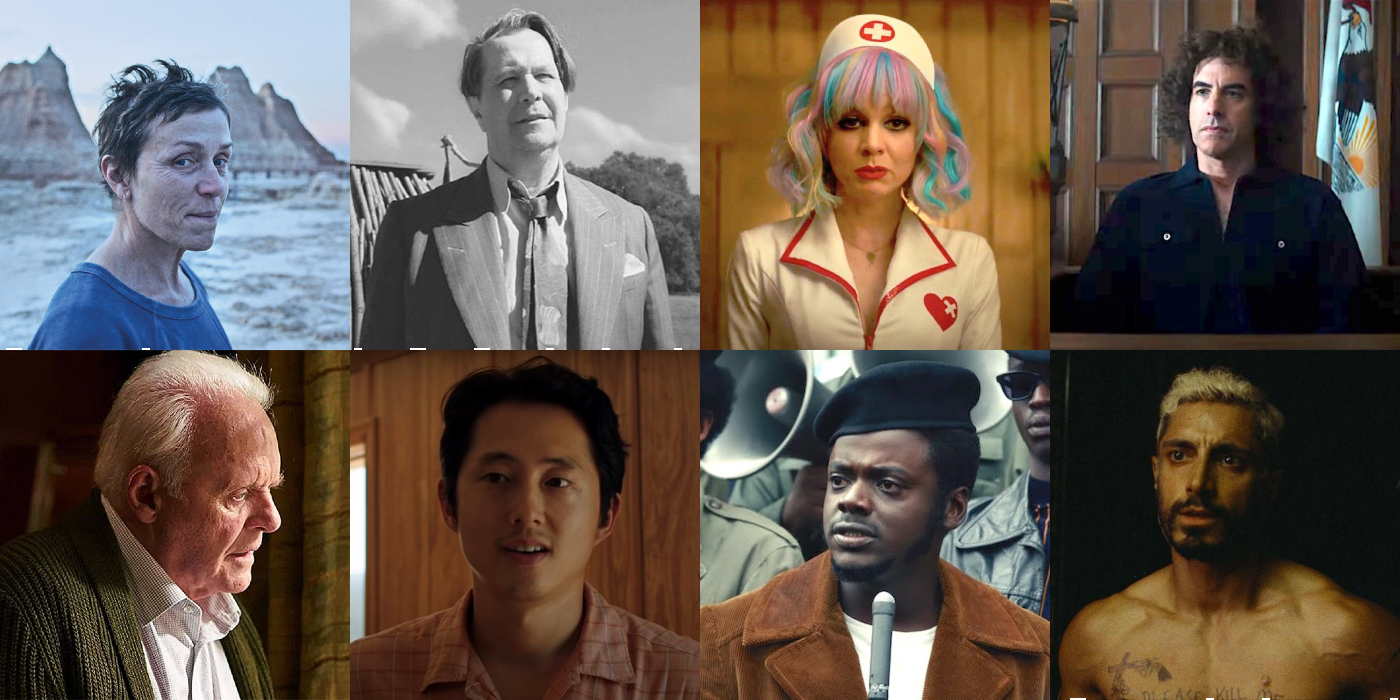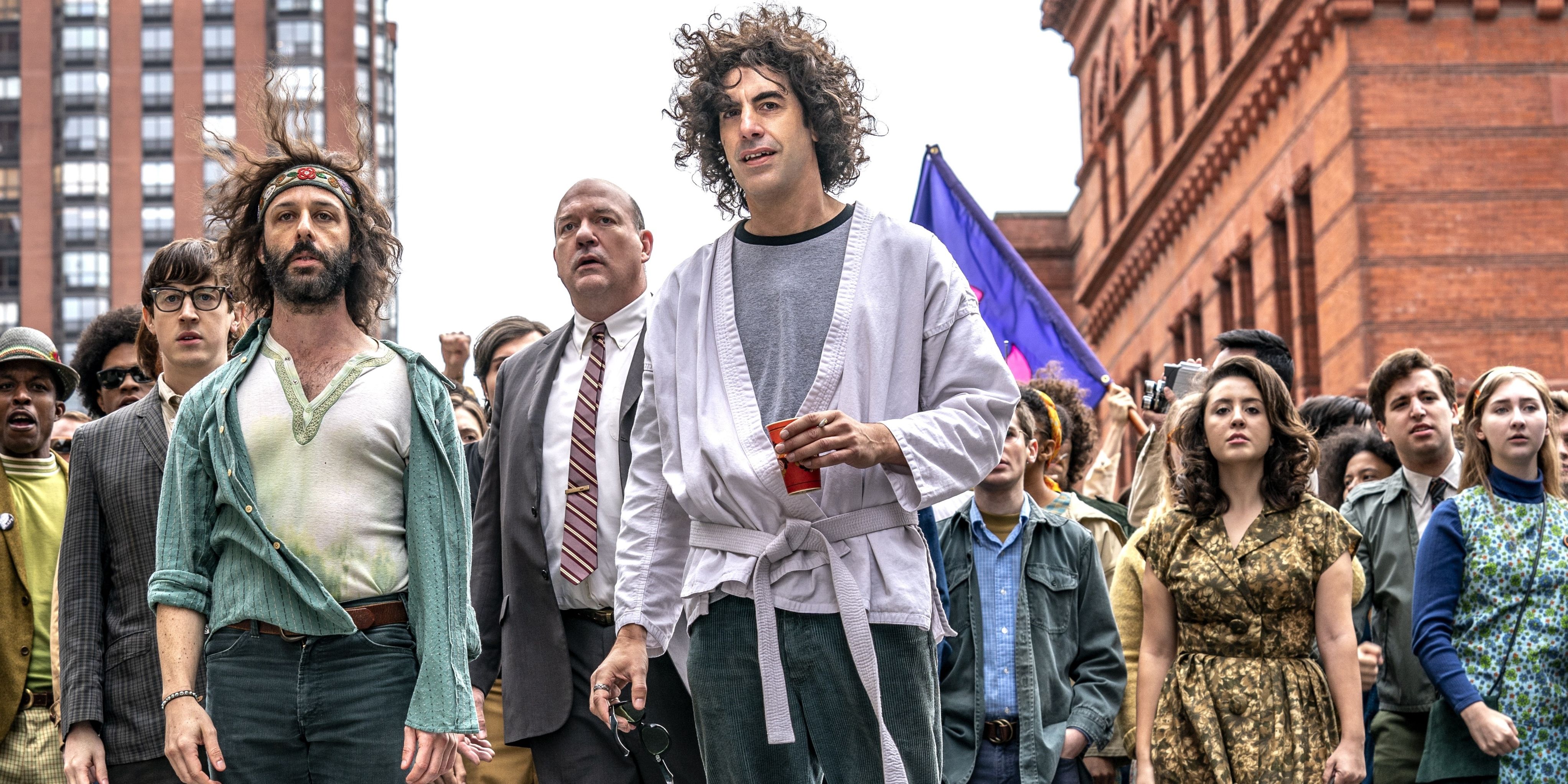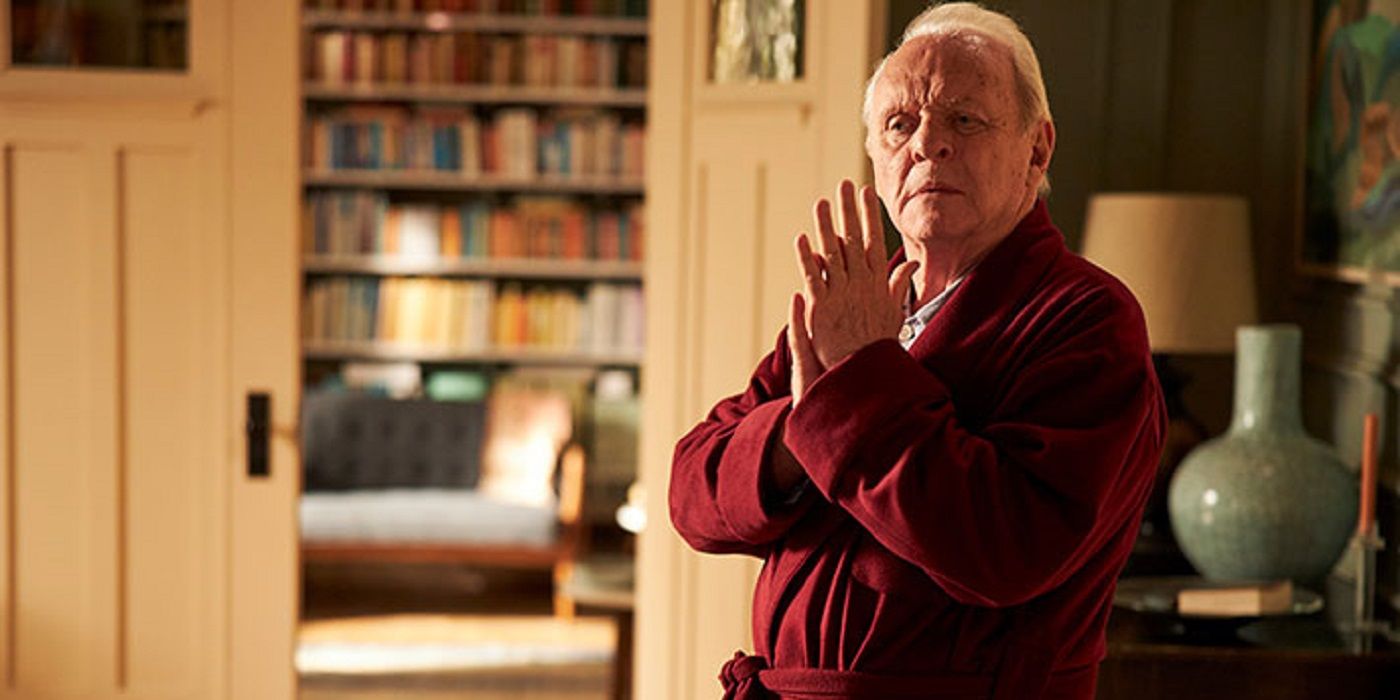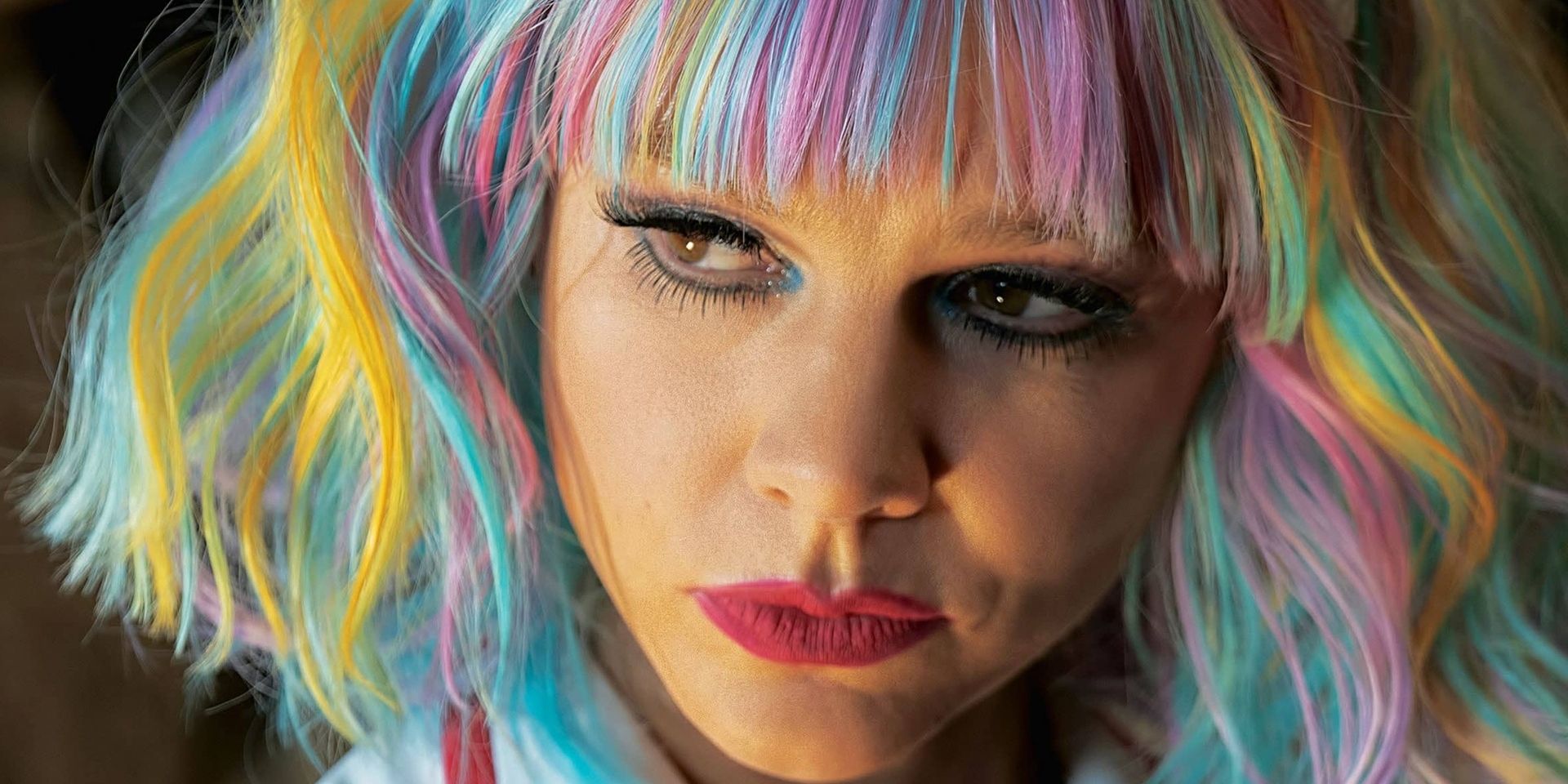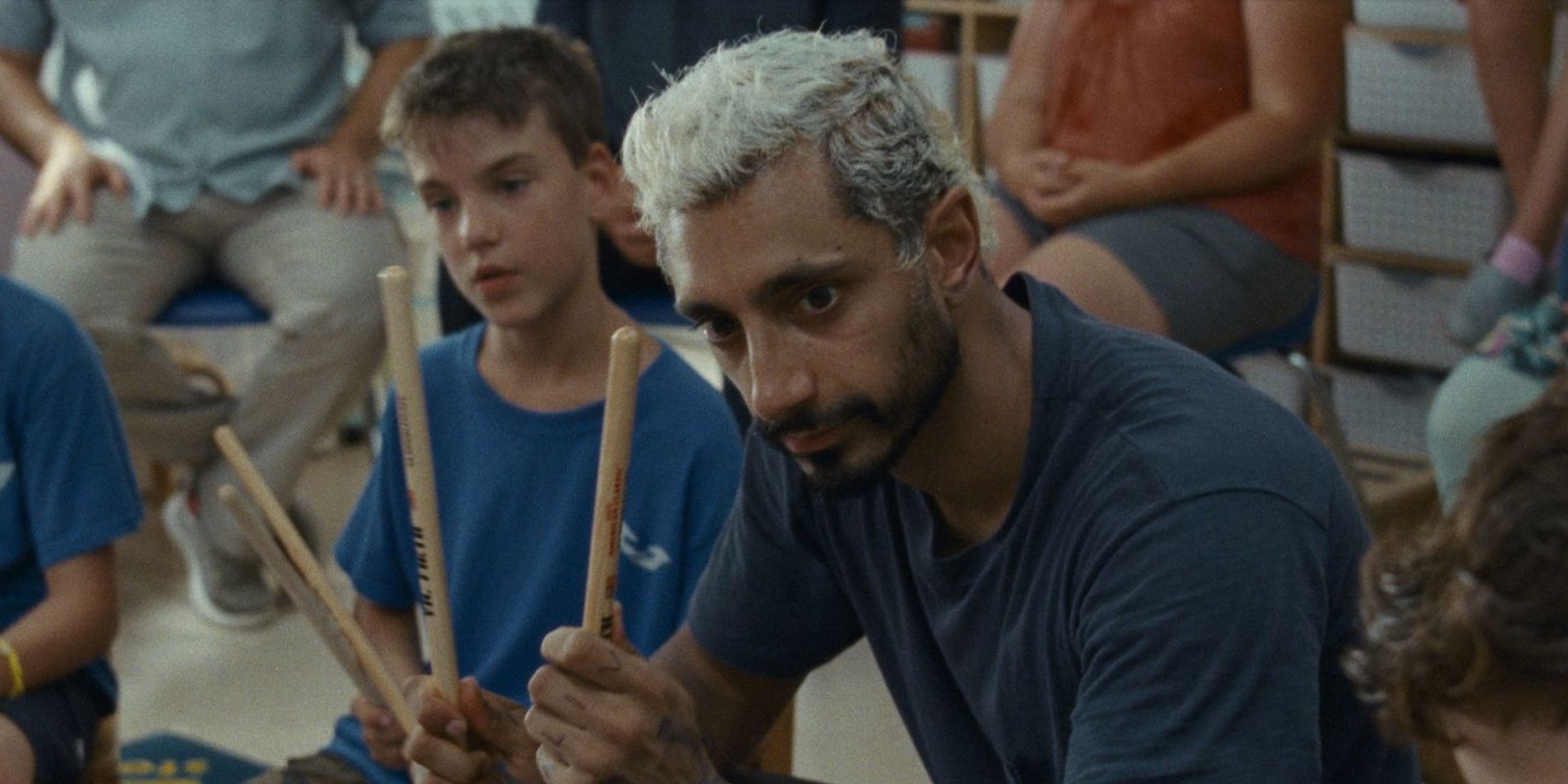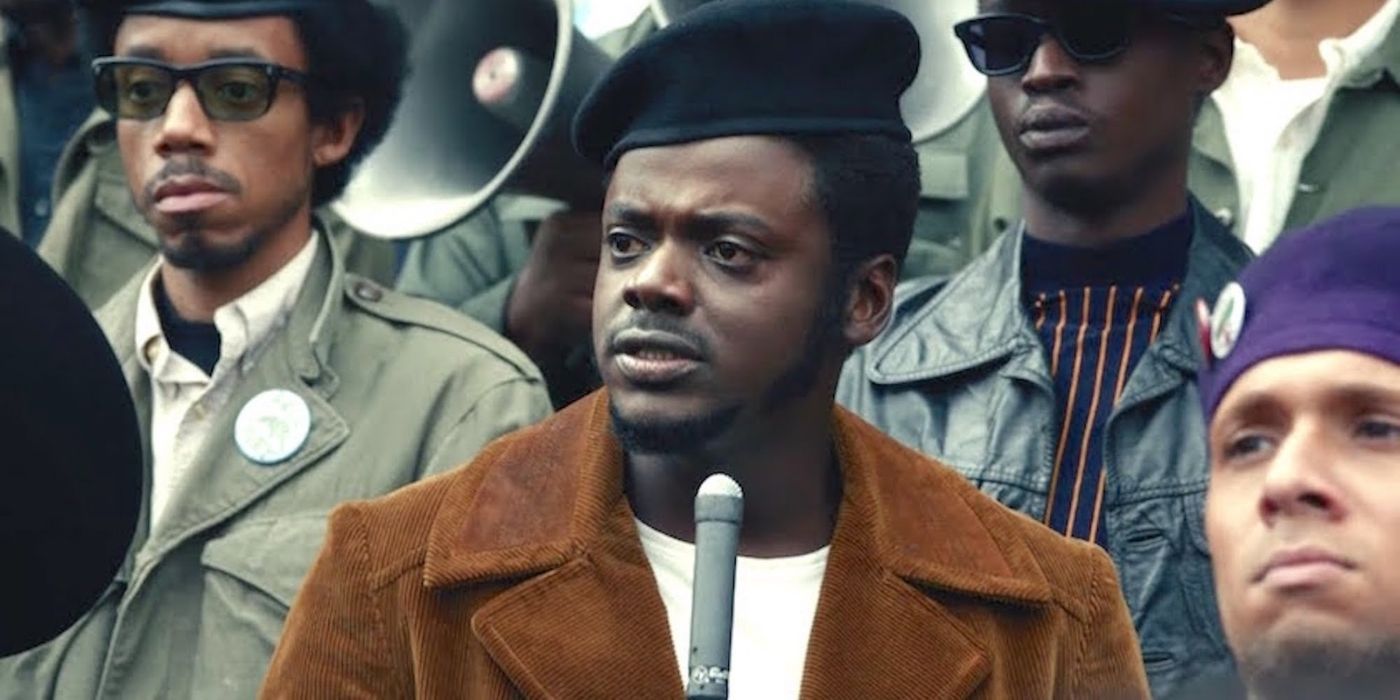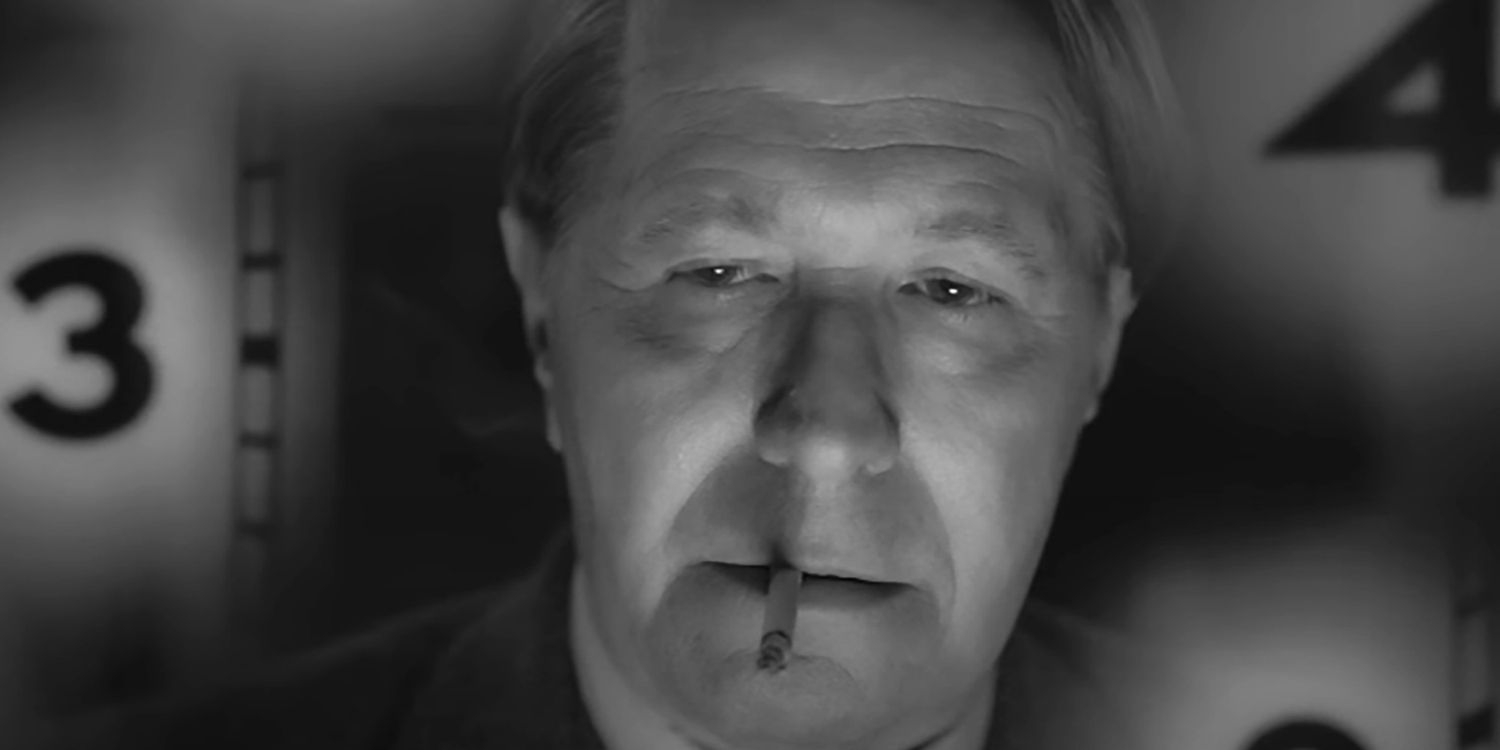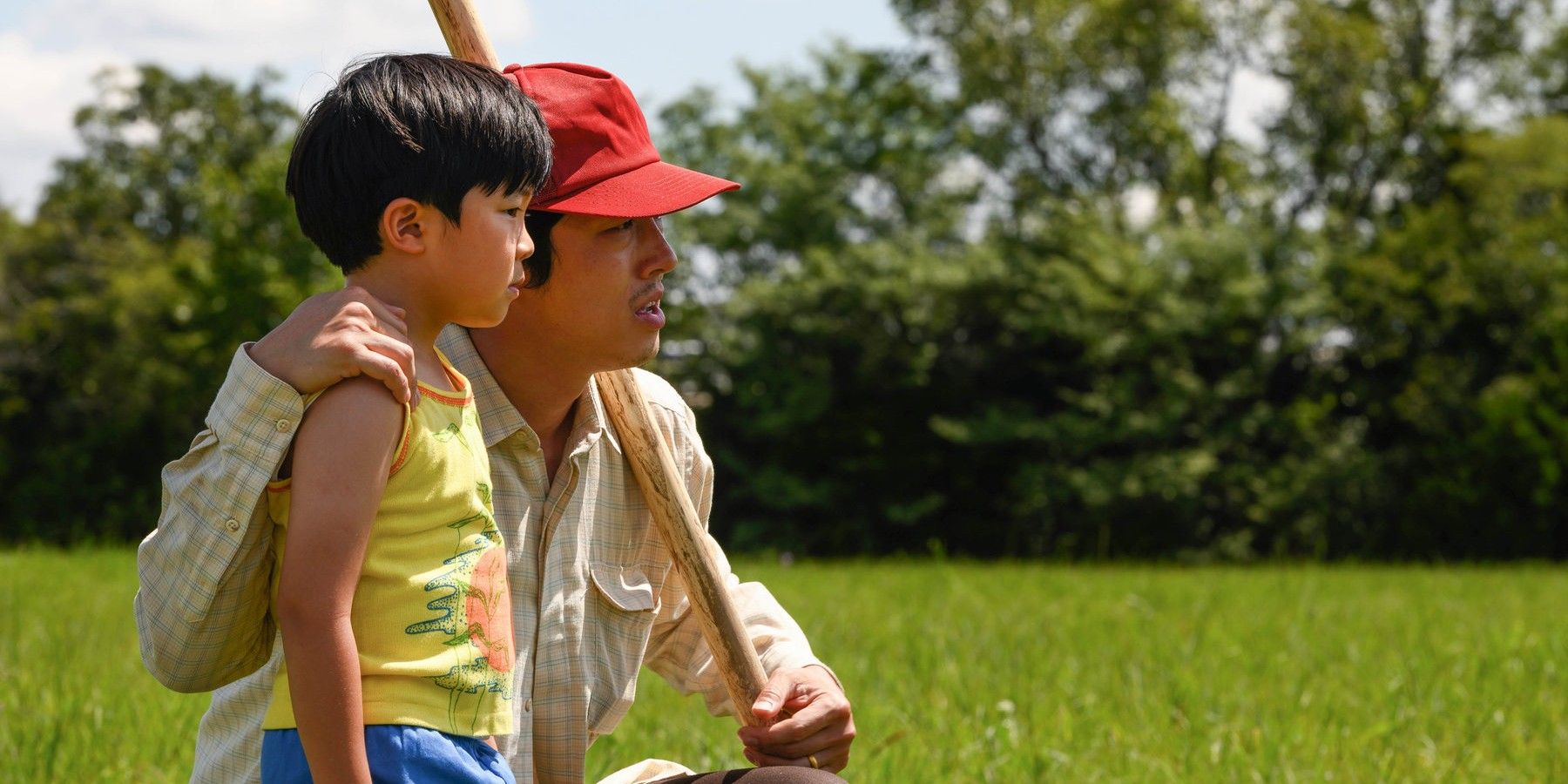The 2021 Oscars nominations have been announced, but how do this year's Best Picture nominees rank from worst to best? Selected as always by the near-10,000 members of the Academy of Motion Picture Arts and Sciences, the Academy Awards represent the best of film as decided by the directors, writers, actors, craftspeople, and technicians who work on them.
As always, there are a few notable snubs and surprises among the 2021 Oscars nominees, including in the Best Picture race. The Academy only saw fit to nominate one Black-centered film, Judas and the Black Messiah, leaving Screen Actors Guild Ensemble Award nominees Ma Rainey's Black Bottom, One Night in Miami, and Da 5 Bloods on the outside looking in. Also missing is Paul Greengrass and Tom Hanks collaboration News of the World, and those hoping for a Borat Subsequent Moviefilm nod will have to be content with its Adapted Screenplay and Supporting Actress nominations.
Still, there's plenty of history to celebrate. This is the first time two women have been nominated in the Best Director category. Chloe Zhao is not only the first woman to be nominated for four Oscars in one year, but also the first Chinese-American woman nominated for Director. She and Minari director Lee Isaac Chung also represent only the fifth and sixth Asian directors in the category. Consistent with those nominations, this year's Best Picture slate is remarkably diverse in its creatives, casts, style, and subject matter, particularly for a year which saw movie theaters closing due to a global pandemic. Here are the nominees, ranked from worst to best.
8. The Trial of the Chicago 7
Aaron Sorkin has penned some truly fantastic screenplays, but their screen translations were typically handled by masterful directors like David Fincher, Rob Reiner, or Danny Boyle. Left to his own devices as writer and director, he's saddled with an overwritten script and a flat visual style that yields a solid but middling piece of awards-season prestige. Chicago 7 centers on the infamous 1969 trial which arose from countercultural protests at the 1968 Democratic Convention, but its spirit couldn't be further from that of its radical subjects. It's too buttoned-up, too writerly, too focused on easy patriotism and the triumphantly-scored, flag-waving histrionics of Oscar nominees of old. Sure, there are some solid performances, most notably from Mark Rylance, Frank Langella, and Michael Keaton in a brief but scene-stealing turn. However, it all feels bizarrely distant and disingenuous to the actual struggles that were going on at the time, and to those America is facing right now.
7. The Father
Anthony Hopkins gives one of his greatest performances ever as a proud man (also named Anthony) striving to push through and deny his rapidly-enchroaching dementia. In a year filled to the brim with stage-to-screen transfers, director Florian Zeller finds a remarkably cinematic approach to what could be a fairly stagey adaptation of his own play, placing the viewer firmly in Hopkins' mind, even as he's losing it. Characters appear without introduction, and scenes blend together with such whirlwind rapidity that one can't help but empathize with Anthony, whose resentment is both palpable and understandable as his rationality and humanity is compromised bit by bit. Still, this is most notable as a performance showcase, both for Hopkins and Olivia Colman, who as his supportive but suffering daughter is quietly heartbreaking.
6. Promising Young Woman
Emerald Fennell's directorial debut is a candy-colored black comedy centering on the cunning Cassie, a "promising young woman" seeking to avenge the rape of her best friend by faking drunkenness at clubs, going home with men attempting to take advantage of her, and dealing with them as she sees fit. The screenplay is a minefield of hot-button issues, some handled better than others, but there's an undeniable boldness to Promising Young Woman, particularly in its ending, which sees the film take a series of unexpected turns that will alienate some viewers even as it captivates others. Throughout it all, Carey Mulligan elevates the material with a performance that grounds this potentially cartoonish avenger as a woman grieving the loss of her best friend, even as the film around her struggles to have its cake and eat it too as both a revenge thriller and a responsible handling of #MeToo-era themes.
5. Sound of Metal
One of the best surprises in this year's nominee slate is Darius Marder's captivating Sound of Metal, the achingly melancholy tale of Ruben, a hard rock drummer experiencing the loss of his hearing. Anchored by Riz Ahmed in one of the best performances of the year and buouyed by an experimental and Oscar-worthy sound design that gives the viewer the opportunity to hear with Ruben's ears, Marder's film seems first and foremost committed to representing the Deaf community with a groundbreaking degree of nuance and humanity. Several Deaf actors round out Sound of Metal's supporting cast, foregrounding the film's theme of Deafness not being a disability, but an identity, and it's this casting that gives the film its remarkable authenticity. For as much as this is Ahmed's movie, the best scenes are when he shares the screen with now-Academy-Award-nominee Paul Raci, the hearing son of Deaf parents, who plays the gentle but firm leader of a home for recovering Deaf addicts.
4. Judas and the Black Messiah
Shaka King's sweeping film has dominated awards season most with wins for Daniel Kaluuya's galvanizing performance as Fred Hampton, but its plot begins with William O'Neal (played by Lakeith Stanfield), a Black man arrested for stealing a car and offered a plea deal if he infiltrates the Illinois chapter of the Black Panthers and gathers intelligence on its chairman, Hampton. This Departed-style frame gives the film the tautness and tension of a crime thriller, while simultaneously serving up a history lesson on the primary goals of the Panther movement (police accountability, education and prison reform, and solidarity of minority groups), and J. Edgar Hoover's violent FBI smear campaign that led to the movement's negative portrayal to this day. King's direction is almost documentary-esque in its capturing of period, both in its authenticity and its brutality, but his screenplay (co-written with Will Berson) keeps the focus firmly on character, knowing that with Stanfield, Kaluuya, Jesse Plemons, and breakout supporting actress Dominique Fishback (playing Hampton's fiance, Deborah Johnson) he has assembled one of the best casts of the year.
3. Mank
Those expecting Mank to be a nostalgic love letter to Old Hollywood or a straightforward behind the scenes look at the making of Citizen Kane are sure to be disappointed. But then again, when has David Fincher ever met audience expectations head on? It’s true his best film since The Social Network is painstakingly authentic, from its mono soundtrack, to its black-and-white photography, to its production and costume design, to those reel-change burn marks that pop up in the top right hand corner of the screen. However, beneath the technical precision is a deeper tale of the responsibilities of the movies to their audience. The studio system of Mank may seem night-and-day from our own, but the notion of a Dream Factory churning out easily-consumable entertainments during times of political upheaval, an early demo of fake news, and the image of a man staying up on election night and realizing things have gone horribly, horribly wrong speaks so urgently to recent history it’s haunting. Mank is less a celebration of Citizen Kane than it is of how movies can still matter – how one man can use a broken system to reap revenge on its innate corruption the only way he knows how – by writing the greatest movie of all time.
2. Minari
Lee Isaac Chung's semi-autobiographical film about growing up as a South Korean immigrant in Arkansas is not only one of the year's most eminently-lovable, tender films, but also one of the most American. Steven Yeun and Youn Yuh-jung have received Oscar nominations for their performances in Minari as the patriarch striving to make his family proud and the coarse but lovable grandmother, respectively. However, the entire ensemble is outstanding; Noel Kate Cho and awards season darling Alan Kim give wonderfully-human child performances, and Han Ye-ri, as a mother trying to make the best of a less-than-ideal situation, is arguably the beating heart of the entire film. Emile Mosseri's quivering, soul-shaking score is the American Dream incarnate, a melancholy but yearning piece of music perfectly suited for this lush, green film about the terrifying destruction of uprooting one's life and the limitless possibilities of what lies after.
1. Nomadland
There were a lot of good movies this year, but only one as beautiful, as elemental, as overwhelming as Nomadland, Chloe Zhao's portrait of nomadic outsiders that transcends mere cinema and crosses over into the sublime. Publicized as a brief respite between her previous film The Rider and Marvel’s upcoming The Eternals, Nomadland is anything but tossed-off. The roving camera, the magic-hour photography of the American West, the gently heartbreaking music – these elements combined continually create moments that celebrate the vitality of life even as they mourn an America lost. Of course, it helps to have Frances McDormand, whose pickiness towards projects and commitment to truth has her once again delivering one of the performances of the year, blending into a cast of real-life nomads and sharing the screen with them in such a way that their stories shine bigger than any movie star. If there’s one film this year that demonstrates the full power of cinema, how it can give audiences a window into lives different from their own even as it touches something deep and true within themselves, look no further.

